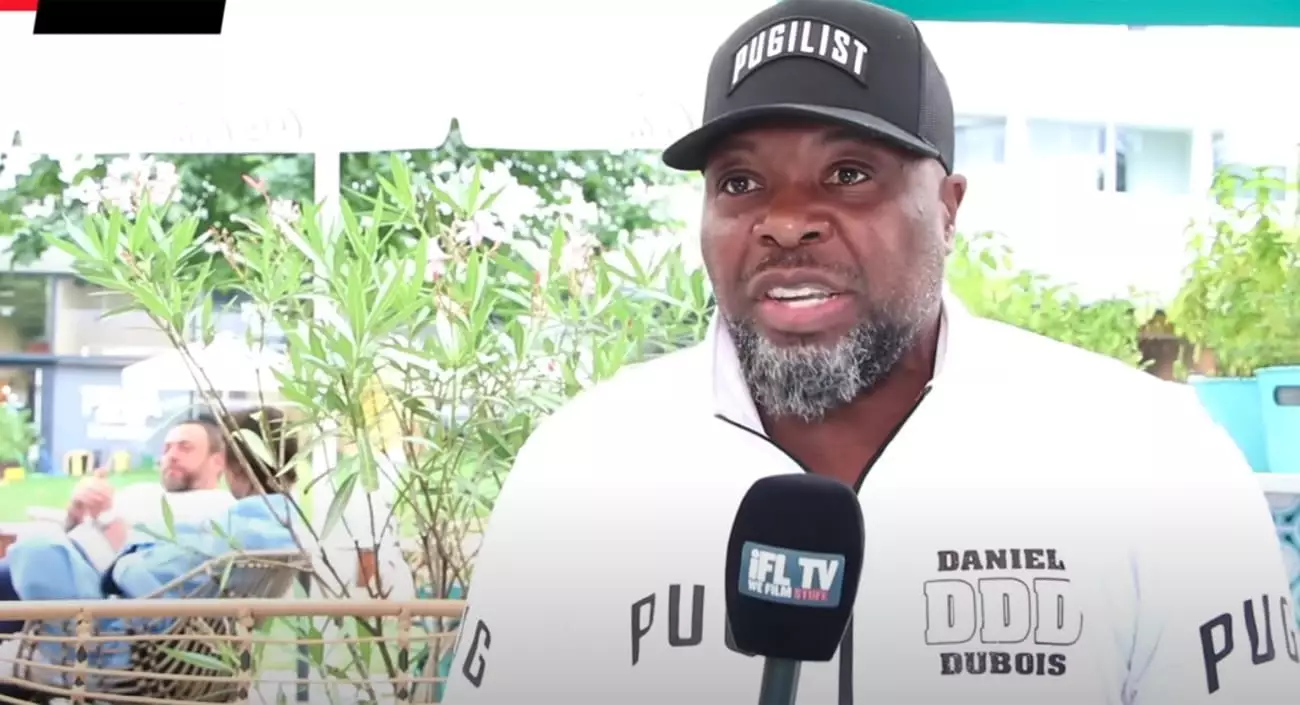Daniel Dubois’s journey in boxing exemplifies both the promise of youthful talent and the harsh realities of elite competition. Once heralded as a formidable heavyweight contender, his ascent was punctuated by impressive victories over notable fighters such as Jarell Miller and Anthony Joshua. These wins established him as a rising force in the sport, fueling both expectations and hope among fans and analysts alike. Yet, sport’s brutal nature remains unforgiving; a devastating KO loss to Oleksandr Usyk in their recent rematch signaled a sobering setback. Such moments test a fighter’s resilience and often mark a pivotal turning point in their career trajectory. Dubois’s setback, while painful, also ignites a critical examination of his support system and strategic approach moving forward, pushing him to reassess his team and tactics.
Shifting Sands: The End of an Era with Don Charles
The abrupt split from trainer Don Charles marks a significant turning point for Dubois. Charles played a central role in Dubois’s development, guiding him through some of his most notable victories. Nevertheless, recent reports suggest that a parting of ways has occurred, adding further tumult to Dubois’s camp. This upheaval coincides with the fallout from a pre-fight incident involving a party, which casts a shadow over Dubois’s professionalism and focus. In the world of boxing, such controversies can serve as catalysts for change, often prompting athletes to seek new directions to realign their mental and physical readiness. The departure of assistant trainer Kieran Farrell hints at a broader restructuring aimed at reinvigorating Dubois’s career.
Seeking Fresh Perspectives: The Promise of New Training Alliances
Amidst the chaos, whispers of a new trainer emerging have naturally gained traction. Tony Sims, a respected figure with a track record of developing fighters, is rumored to be poised to take over Dubois’s corner. If confirmed, this partnership could symbolize a strategic shift—an infusion of new ideas, sharper focus, and renewed motivation. For Dubois, changing trainers at this juncture might be precisely what he needs to regain his edge and confidence. It’s essential to recognize that such transformations are not mere cosmetic changes—they are a testament to a fighter’s determination to adapt and evolve. Whether Sims or another figure steps into this critical role, the path forward is paved with opportunity, albeit accompanied by the shadow of uncertainty.
The Road Ahead: Youth, Opportunity, and the Power of Reinvention
At just 27 years old, Dubois remains a promising, if imperfect, talent. The losses he has sustained, notably against top-tier opponents like Usyk and Joe Joyce, should not eclipse the potential that still burns within him. Instead, they serve as lessons—perhaps the most valuable kind—that can shape a new chapter. Rebuilding after defeat requires more than just strategic adjustments; it demands mental fortitude, discipline, and an unwavering belief in oneself. The coming months will be decisive in verifying whether Dubois can leverage these setbacks into a springboard for recovery and growth. His youth affords him the bandwidth to learn, adapt, and ultimately, reassert his place in the heavyweight landscape. Behind every fighter’s rise and fall lies a narrative of resilience; Dubois’s next moves will reveal whether he possesses the gritty resolve to emerge stronger than ever.

